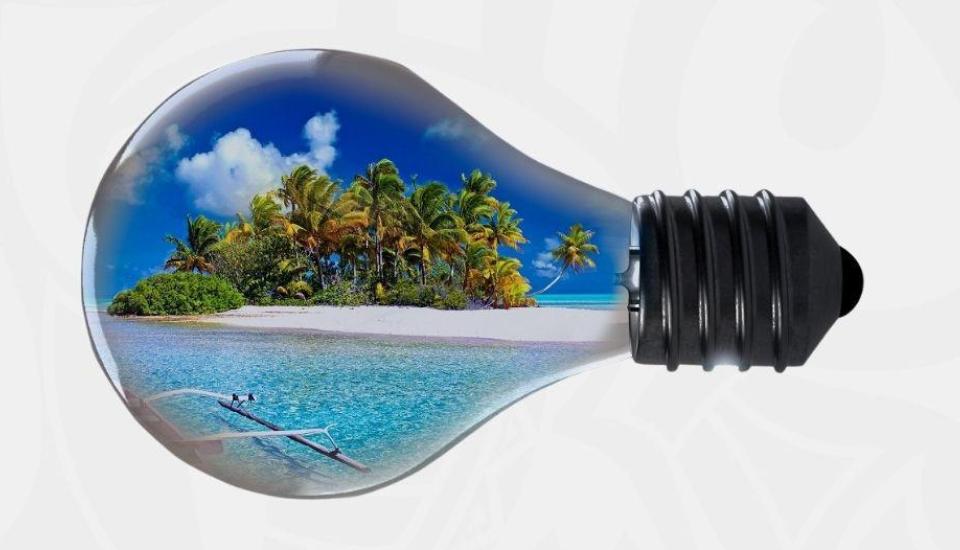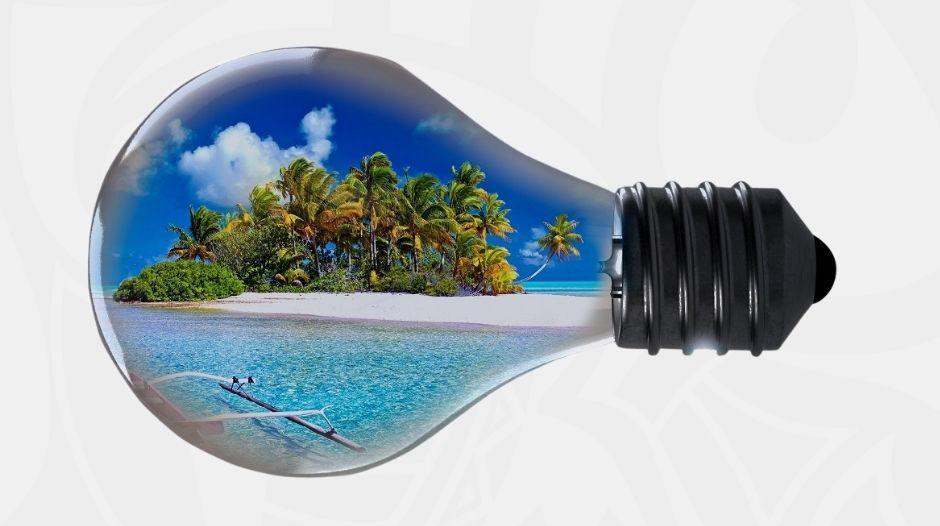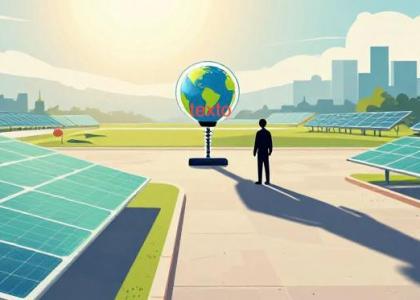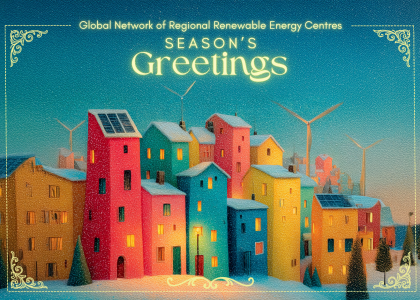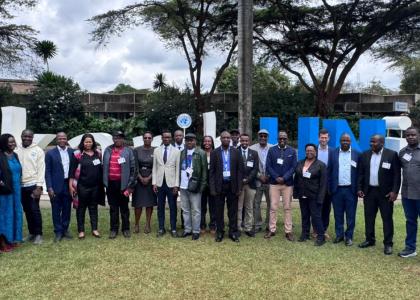by Kakau Foliaki, Programme Delivery Officer, PCREEE
The global shift towards a low carbon economy has prompted Pacific island nations to develop energy policies to advance their efforts towards achieving their national renewable energy and energy efficiency targets. There is this commitment in the Pacific to transition from a reliance on fossil fuels towards a more sustainable energy future and to create economies based on energy sources that produce low levels of greenhouse gas (GHG) emissions.
Energy efficiency is fundamental for supporting this transition to a low carbon econonmy with energy efficiency policies, incentives and awareness campaigns contributing. The International Energy Agencies Global Commission recommended that the insight from people, who consume energy and are at the centre of energy efficiency will support smarter policy design. Yet, energy efficiency is not achieving its optimum benefits as most anticipated. What is the missing piece of this puzzle?
The use of energy is influenced by our cultural practices and daily routines, like the way we light, heat, cool, clean, wash, cook, commute and shop.
A common assumption around policy or project design is that advancements in clean technology, renewable energy, will increase energy efficiency. While this has improved energy efficiency to some extent, this change has inadvertently caused an increase in inefficient energy consumption due to the rebound effect.
Technology or improved infrastructure does not consume energy. People do. So, an unused inefficient appliance or an abandoned building is better than an efficient building or appliance that is used excessively or inefficiently. Buying and using an energy efficient appliance does not make us energy efficient. Many new applicances have standards and labelling to guide levels of energy efficiency, part of the incentives and disincentives aimed at influencing you as a consumer. Rather it is the way in which we use our appliances and services that determines our own energy efficiency.
Energy consumption is driven by our behaviour. A blend of an array of things from beliefs/norms, knowledge, social and culture values, technology, pricing and energy practices.
Our behaviour toward how we percieve energy, consume energy, and our preference of energy related practices is shaped by various factors. These factors can include home location, household expectations, earning power and experience in life, environment, religion, family and their values. Whether that is turning the light off when leaving a room, only heating rooms that are used, boiling water once to go in flasks, driving more efficient and electrified cars, or cooking with renewable clean energy. Lighting for example can represent 16-26% of the monthly electricity bill along with a similar figure for refridgeration. Behaviour varies between individuals, family, communities and even cultures and so does our understanding and decision making around energy use and consumption.
One of the main influencing factors in energy use decision making is the financial implications or economic benefits. The common assumption is that buying energy efficient appliances will save us money in the long term. This can’t apply to all people, communities, let alone countries as some individuals value and prefer comfort, convenience or preserving cultural practices that consume more energy. People often are not willing to make the shift to energy efficiency when they have more pressing needs and commitments to accommodate in their households and communities.
If the ultimate goal of Pacific nations is to reduce their energy consumption through energy efficiency, the current energy policies that are focussed only on efficiency technology supported by financial incentives will not be enough. A greater understanding of human consumption is needed in order to make any real and positive changes in achieving energy efficiency. Our culture, religion, social obligations, comfort, and finance shape our behaviour and ultimately energy behaviour and consumption. Energy efficiency policies developed with these human behaviour considerations may have more impact in optimising energy efficiency benefits, thereby nudging Pacific nations closer towards a low carbon economy.
Energy efficiency and changing behavior will have values at its heart.

